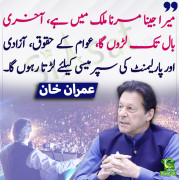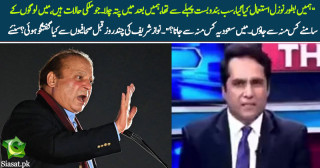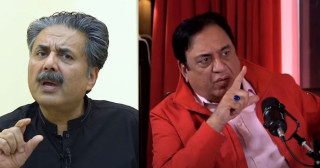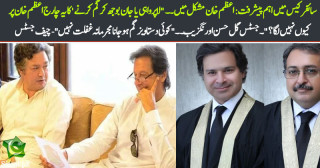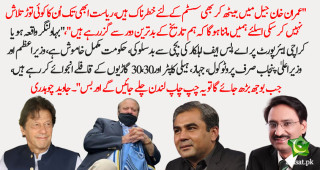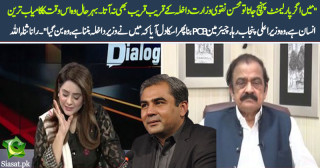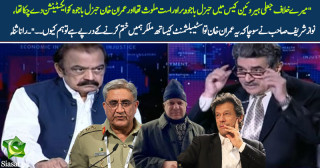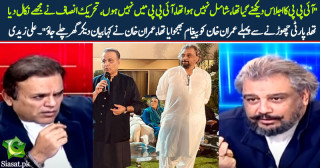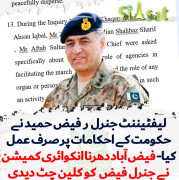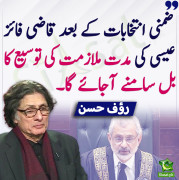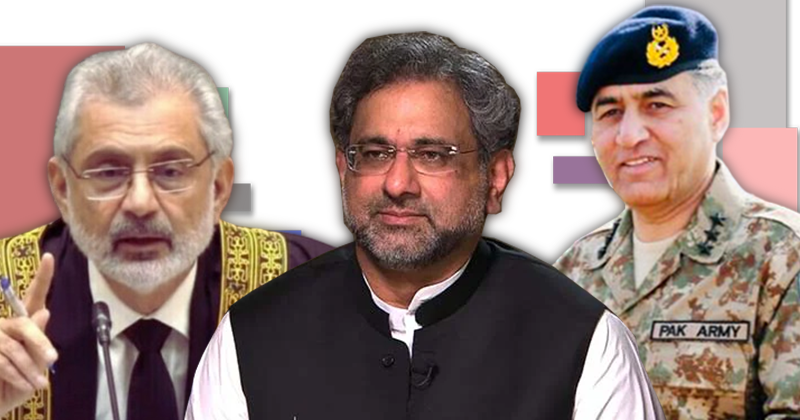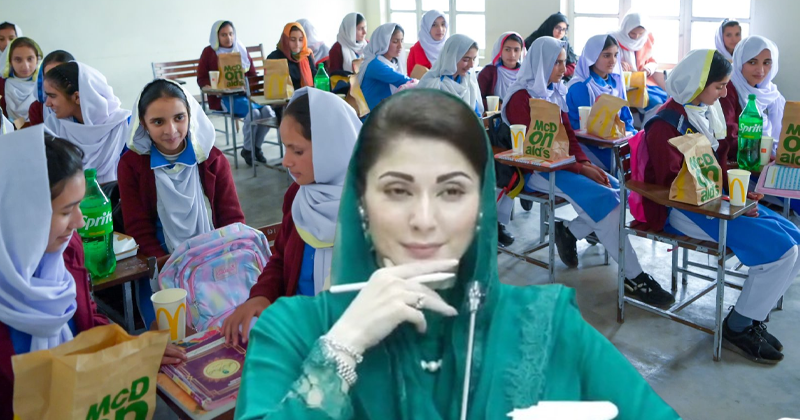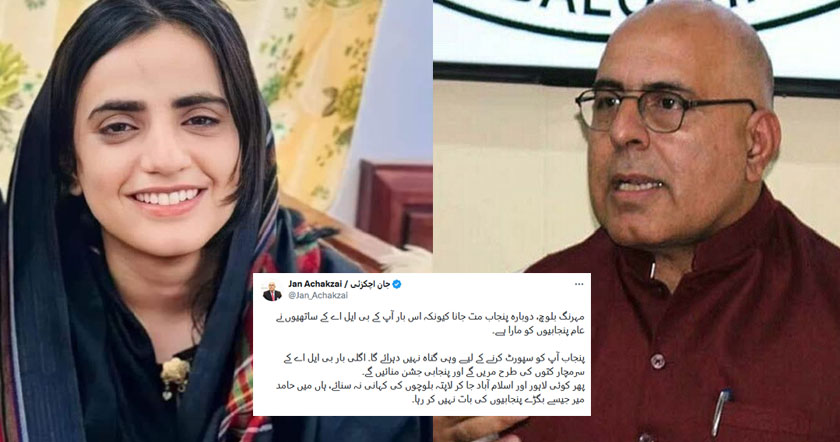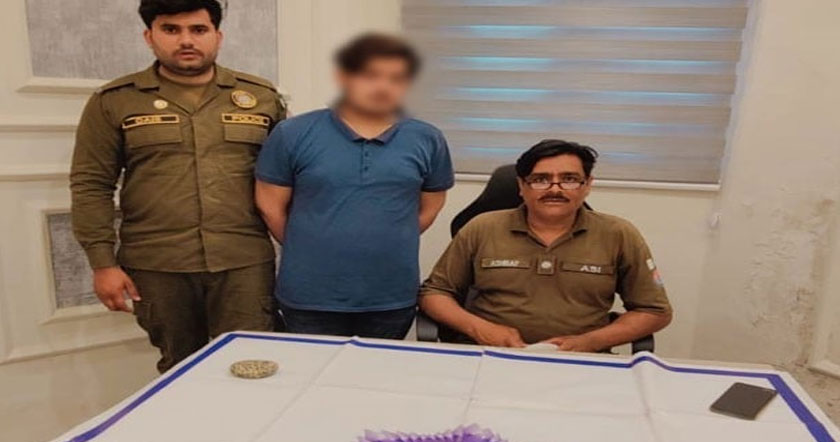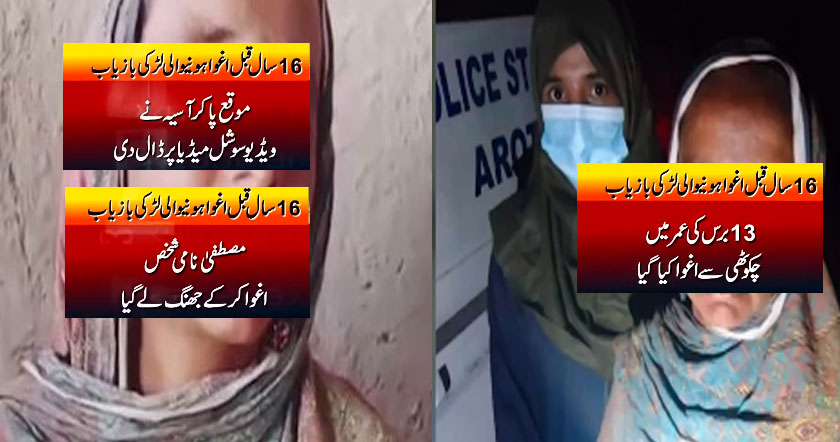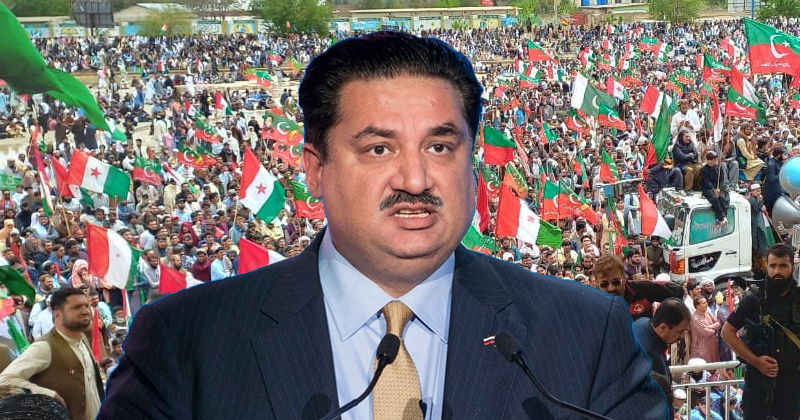The Faculty of hearing of the Dead
Taken from Mysteries of the Soul Expounded by Abu Bilal Mustafah al-Kanadi
One often wonders about the soul's faculties in the barzakh (the stage between death and the Resurrection). Can it hear? Can it see? Does it have knowledge of certain things going on in the world? In order to answer these and other questions, one must carefully scrutinize the quality of the evidence presented in support of certain claims made by scholars in this field.
THE DECEASED'S FACULTY OF HEARING
It is a common concept among some scholars[1] and others that the dead in their graves have the ability of hearing a visitor's greeting, his supplication, talk, etc.. Such a concept is unfounded, for it has no proof from clear texts of the divine shari'ah. In fact, it is in open contradiction to the unchallengeable texts of the Quran and the authentic traditions of the Prophet (saws) which deny the possibility of the dead possessing this faculty.
PROOF FROM THE QUR'AN AND THE SUNNAH NEGATING IT
There are two unequivocal texts from the Qur'an which deny the possibility of the dead in their graves possessing the faculty of hearing. Allah, the Blessed and Exalted, states :
[Surah an-Naml 27:80]
إِنَّكَ لَا تُسْمِعُ الْمَوْتَىٰ وَلَا تُسْمِعُ الصُّمَّ الدُّعَاءَ إِذَا وَلَّوْا مُدْبِرِينَ
Yusuf Ali 80: Truly thou canst not cause the dead to listen, nor canst thou cause the deaf to hear the call, (especially) when they turn back in retreat.
البتہ تو مردوں کو نہیں سنا سکتا اور نہ بہروں کو اپنی پکارسنا سکتا ہے جب وہ پیٹھ پھیر کر لوٹیں
[Surah Fatir 35:22]
وَمَا يَسْتَوِي الْأَحْيَاءُ وَلَا الْأَمْوَاتُ ۚ إِنَّ اللَّهَ يُسْمِعُ مَن يَشَاءُ ۖ وَمَا أَنتَ بِمُسْمِعٍ مَّن فِي الْقُبُورِ
Yusuf Ali 22: Nor are alike those that are living and those that are dead. Allah can make any that He wills to hear; but thou canst not make those to hear who are (buried) in graves.
اور زندے اور مردے برابر نہیں ہیں بے شک الله سناتا ہے جسے چاہے اور آپ انہیں سنانے والے نہیں جو قبروں میں ہیں
In the first verse Allah addresses His messenger, Muhamad (saws), reminding him that he cannot make the disbelievers hear the invitation to Islam, for they are like the dead, who do not hear either. In the second verse Allah points to the difference between the living and the dead - they are not all alike. He further clarifies to His prophet that he cannot make the rejectors of faith hear the message (for they are dead in heart and in spirit) any more than he can make those in the graves hear what is spoken to them![2]
Just as the Qur'an denies the possibility of the deceased possessing the faculty of hearing, there are a number of texts in the sunnah which arrive at the same conclusion. One such hadith follows:
Ibn Mas'ud reported that the Prophet (saws) said: "Allah has angels who travel about the earth; they [do and will] convey to me the peace greeting from my ummah." [Authentically reported by Abu Dawud]
This hadith clarifies that the Prophet (saws) does not hear the greetings of peace from Muslims when they pronounce it upon him, for if he could hear it directly, there would be no need of angels to convey it to him. Therefore, it follows that the Prophet (saws) cannot hear other forms of conversation directed to him either;[3] and it stands even more to reason that the deceased, being lesser than the Prophet (saws), also cannot hear the salam (greeting of peace) or any other form of speech.[4] Thus contrary to a popular misconception, because the Messenger (saws) cannot directly hear either one's invocation of blessings[5] or one's salam addressed to him, such greetings may be conveyed to him from anywhere, regardless of the distance or proximity of the greeter to the Prophet's grave. The erroneous belief that the Prophet (saws) hears these greetings directly disregards the previous hadith whcih specifies that the greetings are conveyed to him by the angels, and it is based on a forged tradition whose text follows:
It has been narrated that the Prophet (saws) said: "Whoever asks blessings for me at my grave, I hear him, and whoever asks blessings upon me from afar, it is conveyed to me." [This tradition was mentioned by al-'Uqayli in his book, adh-Dhu'afa and by al-Khateeb, Ibn 'Asakir, et. al., and they all agreed that it is a forged (mawdhu') hadith. See al-Albani's al-Ahadith adh-Dha'eefah, vol.1, hadith no.203]
ALLEGED EVIDENCE AND ITS REFUTATION
In order to refute the allegations which claim that the deceased in the grave possess the faculty of hearing, it is essential to analyze them and discover the means by which such allegations are dependent upon weak and forged traditions and/or due to erroneous interpretattions of various texts.
There are a number of authentic narrations relating the Prophet's address to the corpses of the mushrikeen (polytheists) of Quraysh who were slain by the believers in the Battle of Badr and then thrown into a dried well. The following two examples suffice for the purpose of the present discussion:
Abu Talhah reported: "On the day of the Battle of Badr, Allah's Prophet (saws) ordered that the bodies of twenty-four leaders of the Quraysh be thrown into one of the foul, abandoned wells of Badr. On the third day after the battle the Prophet called for his mount and saddled it. Then he set out, so his companions followed him. They said amongst themselves, "He must be going to something important." When the Prophet (saws) arrived at the well[6], he stood at its edge and began addressing those therein by calling upon them by their names, "O so and so, son of so and so; and you, so and so, son of so and so! Would it not have been easier to have obeyed Allah and His Messenger? We have found that which our Lord promised us to be true[7]. Did you find what your Lord promosed you to be true?[8] Thereupon 'Umar said, "O Messenger of Allah, what are you saying to these bodies without souls?! Do they hear? For Allah, the Majestic and Mighty, says, "Verily, you cannot make the dead hear."[Surah an-Naml 27:80] The Prophet (saws) answered, "By Him in whose hand lies the soul of Muhammad, you did not hear better than them and what i just said." Qatadah[9] added: "Allah brought them back[10] to life (momentarily) in order to make them hear as a means of scorn and belittlement and [so that they would feel] regret and remorse." [Authentically related by al-Bukhari and Muslim]
In another narration of this incident there is a slight variation in the wording of the text which follows:
"Ibn 'Umar related: "The Prophet (saws) stood at the edge of a well[11] at Badr and said, "Did you find the promise of your Lord to be true?" Then he added, "Verily at this moment they hear what I am saying." Later on[12], this was mentioned to 'A'ishah[13], whereupon she commented, "What the Prophet (saws) meant was, "Now they know that what I used to tell them is the truth." Then she recited, "Verily you cannot make the dead hear,"[Surah an-Naml 27:80] up to the end of the verse."[Related authentically by al-Bukhari and others]
Some often misconstrue the texts of the two aforementioned hadiths as proof for the contention that the dead can hear. However, the following argumentation refutes such a claim. This miraculous circumstance in which the corpses of the slain Quraysh were made to hear the Prophet's address to them is a special case - an exception to the general rule that the dead do not hear.[14] By a miracle, Allah, the Almighty, made them hear the scolding from the Prophet (saws) - only for the moment he spoke to them![15] This is clearly proven by the second narration itself, for their hearing was said to be conditioned by the moment when the Prophet (saws) called out to them in scorn and rebuke. He said, "At this moment they hear what I am saying." Furthermore, in the first narration the Prophet (saws) does not deny 'Umar's sound understanding of the verse's general ruling that the does do not hear. Rather, the Prophet (saws) merely clarifies for 'Umar that what occurred at Badr was a divine miracle and, therefore, an exception to the general ruling of the verse.[16]
Another text often quoted by those who believe that the dead can hear is the following tradition:
Anas bin Malik reported that Allah's Messenger (saws) said: "After the deceased is placed in his grave and his companions[17] turn to leave, he hears the shuffling of their feet as they walk away. Then there comes to him the two angels."[Part of an authentic hadith related by al-Bukhari and Muslim]
This text is not valid evidence for the general claim that the dead can hear; rather, this tradition only specifies another exception to the general rule. In this case, the deceased hears the shuffling feet of those who attended his funeral as they walk away. This is a momentary possession of the faculty of hearing which is terminated at the point at which the two questioning angels[18] come to him[19].
From what has preceded, it is abundantly clear that the deceased generally do not have the faculty of hearing, for they are beyond the barrier (barzakh) which separates our world from theirs. This proves the gross error in the thinking of those who attempt to carry on "conversations" with the dead, or worse, petition them for certain things. Petitioning the dead is shirk, and this is indeed the greatest of all sins.
FOOTNOTES :
- Among those who erred in this matter are Ibn Abi-Dunya, Ibn 'Abdul-Barr, al-Qurtubi, Ibn al-Qayyim and ash-Shanqeeti.
- See Tafseer at-Tabari, vol.21, p.36 and al-Qurtubi's al-Jami, vol.13, p.232
- Thus it is absolutely foolish for one to attempt to converse with the Prophet (saws) or others at their graves. To ask them for any form of help is blatant shirk. Such is the misguidance spread by Sufis, who have gone astray.
- See al-Ayat al-Bayyinat of al-Alusi, p.37, Published by al-Maktabah al-Islamee [1982]
- In Islam, it is encouraged to invoke blessings upon the Prophet (saws) and this commonly follows the mention of his name in one form or another.
- Into which the bodies of the slain Quraysh had been thrown earlier.
- That is, that the believers would have victory over their enemy, the Quraysh. See al-Qurtubi's tafseer, al-Jami'u li Ahkam al-Qur'an, vol.7, p.370 regarding the information about Surah al-Anfal, 8:7-10.
- This is a reference to the Quraysh's supplication asking their Lord to bring a painful punishment upon them if what Muhammad (saws) was preaching was the truth. See Surah al-Anfal, 8:32.
- A famouse tabi'ee and a narrator of this hadith
- The slain Quraysh who bodies were in the abandoned well.
- The same well mentioned earlier into which the bodies of the slain Quraysh were thrown.
- Most likely after the Prophet's death.
- The beloved wife of the Prophet.
- See al-Alusi's Ruh al-Ma'ani, vol.6 p.455
- This is confirmed by many of the dependable commentators and jurists. For example, see al-ayat al-Bayyinat, pp.29, 56 and 59.
- See al-Ayat al-Bayyinat, pp.30-31
- His friends and others who attended his burial.
- There names are Munkar and Nakeer, and their fearful appearance has been described earlier in this treatise. <{My note: There is some disagreement amongst scholars some who say that the angels may not really be called Munkar and Nakeer for the words Munkar and Nakeer mean bad things in the Arabic language, whilst the angels are all pure.**>
- See al-Ayat al-bayyinat, pp.38 and 56.
Source:
http://islamworld.net/docs/deadnohear.html









